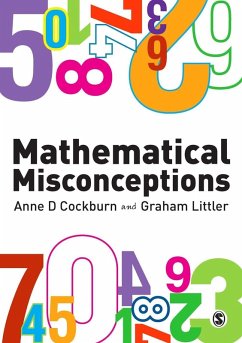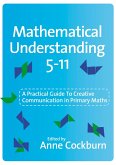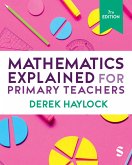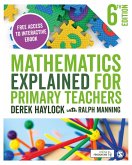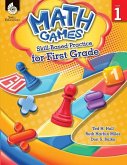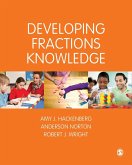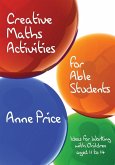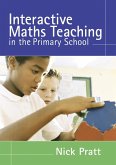How do children relate to numbers and mathematics? How can they be helped to understand and make sense of them? People are rarely ambivalent towards mathematics, having either a love or hate relationship with the subject, and our approach to it is influenced by a variety of factors. How we are taught mathematics as children plays a big role in our feelings towards it. Numbers play a large part in our lives, and it is therefore beneficial to inspire a positive attitude towards them at a young age.
With contributors comprised of teachers, teacher educators, mathematicians and psychologists, Mathematical Misconceptions brings together information about pupils' work from four different countries, and looks at how children, from the ages of 3 - 11, think about numbers and use them. It explores the reasons for their successes, misunderstandings and misconceptions, while also broadening the reader's own mathematical knowledge. Chapters explore:
- the seemingly paradoxical number zero
- the concept of equality
- children's perceptions and misconceptions of adding, subtracting, multiplying and dividing
- the learning process
-the ways in which children acquire number concepts.
This unique book will transform the way in which primary school teachers think about mathematics. Fascinating reading for anyone working with children of this age, it will be of particular interest to teachers, trainee teachers and teaching assistants. It will show them how to engage children in the mysteries and delights of numbers.
With contributors comprised of teachers, teacher educators, mathematicians and psychologists, Mathematical Misconceptions brings together information about pupils' work from four different countries, and looks at how children, from the ages of 3 - 11, think about numbers and use them. It explores the reasons for their successes, misunderstandings and misconceptions, while also broadening the reader's own mathematical knowledge. Chapters explore:
- the seemingly paradoxical number zero
- the concept of equality
- children's perceptions and misconceptions of adding, subtracting, multiplying and dividing
- the learning process
-the ways in which children acquire number concepts.
This unique book will transform the way in which primary school teachers think about mathematics. Fascinating reading for anyone working with children of this age, it will be of particular interest to teachers, trainee teachers and teaching assistants. It will show them how to engage children in the mysteries and delights of numbers.
Dieser Download kann aus rechtlichen Gründen nur mit Rechnungsadresse in A, D ausgeliefert werden.

